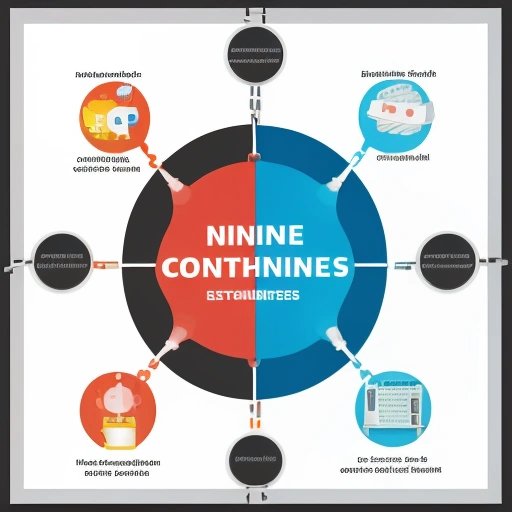In a groundbreaking study conducted by a team of esteemed scientists, it has been confirmed that the majority of online content, including the very words you are currently consuming, makes absolutely no sense. In a world where information is just a click away, it turns out that what you find on the internet is nothing more than a nonsensical jumble of words and ideas.
According to the experts, it's not just a few isolated instances of confusion and misinformation. No, dear reader, it's actually a rampant epidemic of absurdity that permeates the vast expanse of the World Wide Web. From news articles to social media posts, from blogs to forums, it seems that nothing is immune to the all-encompassing nonsense that runs amok in cyberspace.
But how did we reach this point? How did the internet, once hailed as a beacon of knowledge and connectivity, descend into a realm of incomprehensible gibberish?
Well, it all started innocently enough. People began sharing articles and posts without verifying their accuracy, leading to a proliferation of misinformation. But that was just the beginning. As the internet grew, so did the absurdity. The demand for clicks and engagement gave rise to a new breed of content creators - those who prioritize shock value and sensationalism over truth and coherence.
As a result, we now find ourselves swimming in a sea of nonsensical words, deliberately crafted to confuse and bewilder. And it's not just the content creators who are to blame. The readers, too, play a part in perpetuating this madness. With the advent of social media, everyone became a publisher, sharing and resharing absurdities, contributing to the never-ending cycle of confusion.
In an effort to understand this phenomenon, scientists dove headfirst into the intriguing world of online content. They analyzed thousands of articles, posts, and comments, searching for traces of logic and coherence. Alas, their efforts were in vain. Every corner of the internet they explored seemed to offer nothing more than a mishmash of words arranged in a haphazard and perplexing manner.
But amidst the chaos, a few patterns emerged. The scientists discovered that there are certain key elements that are almost guaranteed to appear in nonsensical online content. These include an overuse of buzzwords, a complete disregard for grammar and punctuation, and an alarming number of exclamation marks.
Additionally, they found that a significant portion of online content falls victim to what they call the "Dopamine-Driven Delusion." In the pursuit of likes, shares, and fleeting moments of online validation, individuals often sacrifice coherence and reason, resorting to nonsensical rants and sensationalized headlines.
So, what does this all mean for you, the reader? It means that you must approach everything you encounter online with a healthy dose of skepticism. Don't believe everything you read, for chances are, it's just a concoction of gibberish designed to confuse and distract.
But fear not, dear reader, for all hope is not lost. In the midst of this sea of absurdity, there are still pockets of sanity. There are reputable sources and individuals who strive to provide accurate and meaningful information. Seek them out, trust in their expertise, and together we can navigate this nonsensical maze that is the internet.
In conclusion, my fellow internet explorers, let us not succumb to the allure of nonsensical content. Let us be vigilant and discerning, for the truth may be elusive, but it is still out there, waiting to be discovered amidst the chaos. Together, we can strive for a more coherent and sensible online world, one where the words we read actually make sense.




